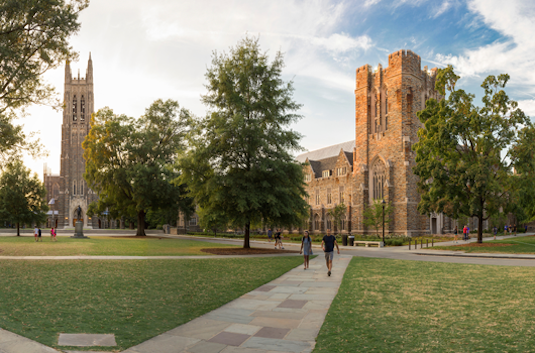DQC Seminar Series: High-Level Quantum Program Optimization for Quantum Simulation

Abstract: A quantum compiler is one essential and critical component in a quantum computing system to deploy and optimize the quantum programs onto the underlying physical quantum hardware platforms. Yet, today's quantum compilers are still far from optimal. One reason is that most optimizations in today's quantum compilers are local program transformations over very few qubits and gates. In general, it is highly non-trivial for a compiler that runs on a classical computer to derive large-scale program optimizations at the gate level automatically.
In this talk, we will discuss how we can systematically enhance the quantum compilers by introducing high-level program optimizations in the quantum software/compiler infrastructure. Instead of optimizing the quantum programs at the gate level, we design new quantum programming language primitives and intermediate representations that can maintain the high-level properties of the programs. These high-level properties can then be leveraged to derive new large-scale quantum compiler optimizations beyond the capabilities of gate-level optimizations. In particular, we will introduce several optimizations targeting various stages in the workflow of quantum simulation.
Bio: Dr. Gushu Li is an Assistant Professor at the Department of Computer and Information Science, University of Pennsylvania. His research interest lies in the emerging quantum computer system and spans the quantum programming language, quantum compiler, and quantum computer architecture. He received the NSF CAREER Award and the Intel Rising Star Faculty Award. His research has been recognized by the ACM SIGPLAN Distinguished Paper Award at OOPSLA 2020 and an NSF Quantum Information Science and Engineering Network Fellow Grant Award. His research outputs have been adopted by several industry/academia quantum software frameworks, including IBM's Qiskit, Quantinuum's TKET, Oak Ridge National Lab's qcor, etc.






